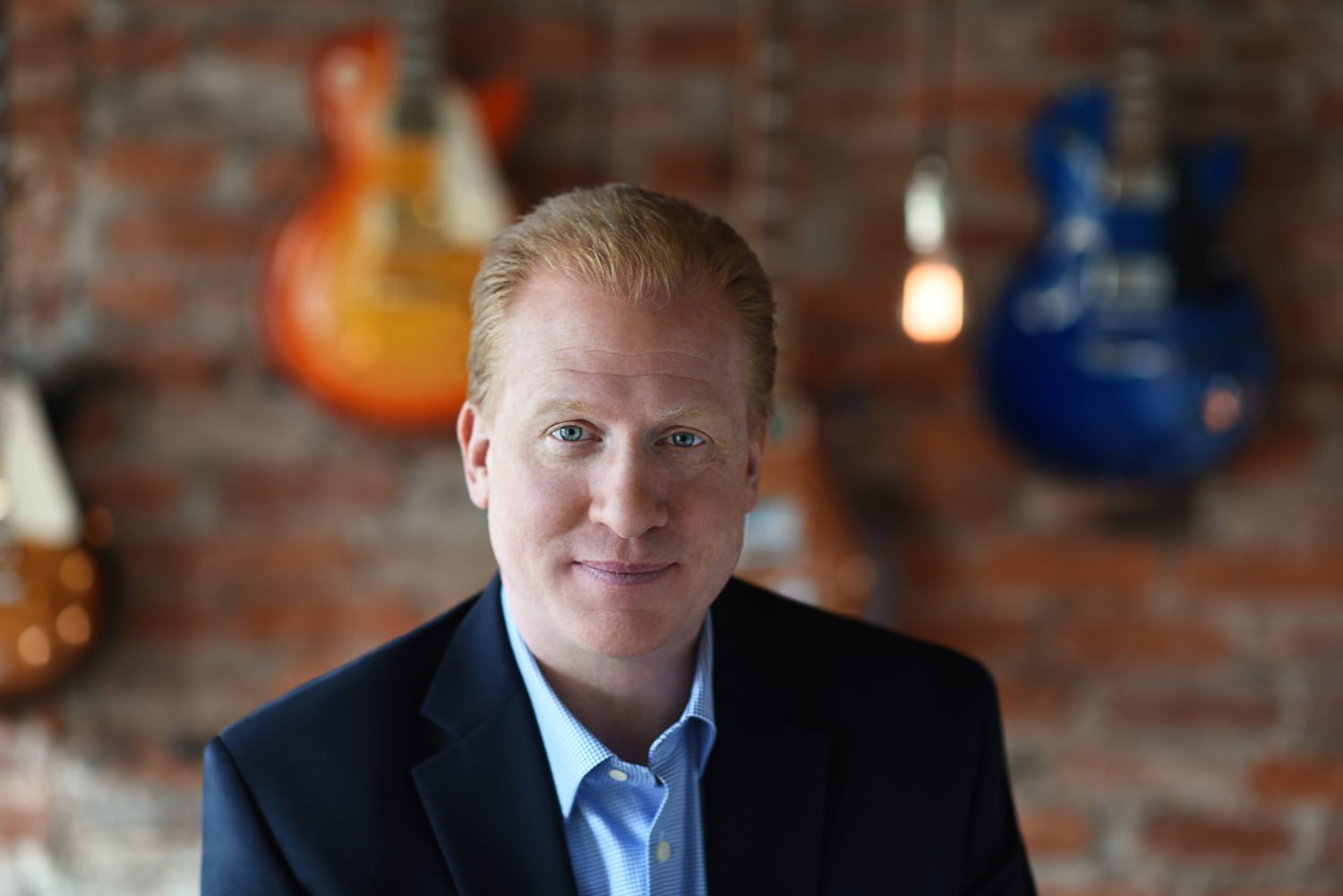AI Revolution: Celebs Take Control of Their Music for AI Training

In a world where artificial intelligence is beginning to waltz its way into the music industry, SoundExchange is stepping up to the plate with a proposal that is as ambitious as it is necessary: a global AI registry specifically for sound recording creators and rights owners. One must admire the audacity, but then again, when has the music industry ever shied away from a little bravado?
The idea is simple, almost like a well-crafted pop song: rightsholders can opt in or opt out when it comes to allowing their precious recordings to be utilized by developers for training those ever-hungry AI models. Imagine a world where developers check this database of “authorization declarations” before they rummage through the audio drawers of creators' work. It's like asking for permission before borrowing someone's favorite sweater — courteous, but absolutely essential.
According to SoundExchange, this voluntary registry is being touted as a much-needed resource for creators to protect their rights in the brave new world of AI. After all, the last thing we want is for a bot to become the next pop sensation without a nod to the real-life humans behind the tunes. The launching pad is set for 2025, with the technology slated to utilize SoundExchange’s ISRC database. If you're wondering what an ISRC is, just know it’s the secret code that helps keep music organized — much like your Tupperware during a chaotic post-party clean-up.
While it's true that U.S. law might not necessitate such a regulation (can we just take a moment to acknowledge the irony here?), having this global registry will serve as a useful tool for both AI companies and creators. Record labels, like assertive parents at a school talent show, can still reserve rights individually with AI developers, ensuring that no one steals the spotlight without permission.
In this ever-complex dance, industry giants are making their moves. Just last July, Warner Music Group sent a memo to tech companies, essentially saying, “Sure, you can use our music. Just ask nicely.” Meanwhile, Sony Music Group was briskly sending out letters to AI developers, ensuring that their tunes don't end up in some automated jingle competition without consent. It’s a bit like sending an RSVP to dinner – everyone wants to avoid being the uninvited guest.
Michael Huppe, the President and CEO of SoundExchange, sheds light on the situation with the kind of clarity we could all use from time to time: “The rapid proliferation of companies building and leveraging AI music models demands creators have an ability to declare easily whether or not they want their work used in that process.” Yes, Michael, and while we're at it, can we ensure that our morning coffee doesn’t get dumped into the AI frenzy either?
SoundExchange envisions this AI registry not merely as a bureaucratic tool, but as a bridge that narrows the information gap while keeping the reins firmly in the hands of those who create. In a world where AI can replicate just about everything, let’s ensure that human artistry remains at the forefront—after all, isn’t that what the encore is all about?

